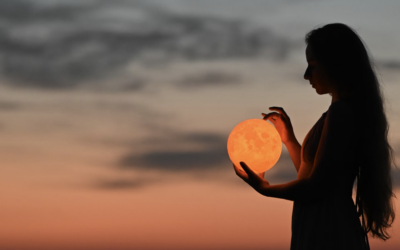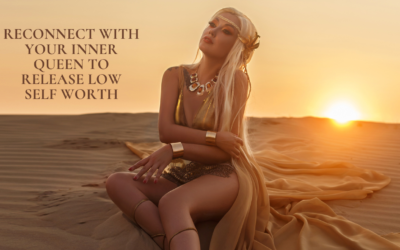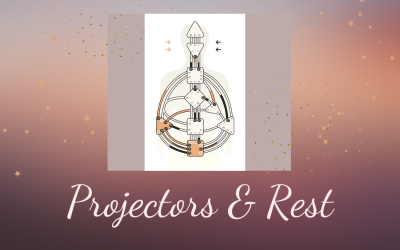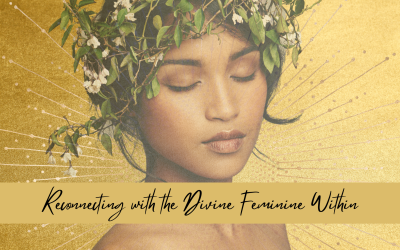It began like something out of a Hollywood movie; two young lovers caught in the passions of forbidden love run away to get married only to be met with hostility when they return.
Were it not for this couple, the young star-crossed lovers with a twinkle in their eyes, many marriages in the U.S. would not be recognized today.
Richard Loving, a Caucasian male and Mildred Jeter, an African American woman from Central Point, Virginia, met and fell in love in the 1950’s. The first time they met Mildred was only 11 and Richard was 18. Growing up in the one horse town, where blacks and whites worked hand-in-hand the 18-year old Richard took a liking to young “bean” Jeter. The two became great friends and spent a great deal of time together.
Over time the friendship began to bloom into love. “He used to take care of me,” said Mildred Loving. “He was my support, he was my rock.” (Walker 1). Against the wishes of either of their parents Richard and Mildred began courting one another. Little did they know that this budding romance would turn into something much bigger than just a love story, it would turn into a court case that would rock the very walls of the Supreme Court.
Introducing Mr. and Mrs. Loving
On January 2, 1883 a court case known as Pace vs. Alabama drew attention to the prevailing racism and segregation of the South.
The US. Supreme Court upheld that Alabama’s anti-miscegenation laws were constitutional, making it illegal for two persons of different races to engage in sexual intercourse, cohabit and be wed. Since 1863 the term “miscegenation” had been coined to refer to interracial marriage, cohabiting and sex. Mildred and Richard were aware of this term and aware of the harsh laws imposed by Pace vs. Alabama, but they knew that their love was stronger than any court case or color barrier could contain.
Over time the young couple’s intimacy grew and soon Mildred discovered she was pregnant. Richard Loving swore he would make an honest woman out of her and asked for her hand in marriage. So they got into their car and drove 80 miles to Washington DC to get married, since it was illegal in the state of Virginia for the two to be wed.
Mildred’s father and brother bore witness as the two young lovers took their vows. After the short ceremony the new husband and wife embarked on their long journey home. They were remarkably happy and as they entered their home they marveled at their new status: Mr. and Mrs. Loving. Their happiness was short lived however, when just five weeks later as they slept together in their marital bed, police officers came pounding on their door. The officers presented the Lovings with a warrant for their arrest. They were charged with breaking Virginia law.
Changing the Law
When the judge handed down the sentence to Richard and Mildred he said, “Almighty God created the races white, black, yellow, malay and red, and he placed them on separate continents. And but for the interference with his arrangement there would be no cause for such marriages. The fact that he separated the races shows that he did not intend for the races to mix.” (Kathy Belge 1)
The Lovings were ready and willing to fight for their rights. Even after the Lovings’ sentence was reduced to 1 year suspended probation in exchange for leaving Virginia and never returning, the Lovings stuck to their guns. It was the principal of the matter that bothered them. Mildred Loving remembers that time well, she said:
“When my late husband, Richard, and I got married in Washington, DC in 1958, it wasn’t to make a political statement or start a fight. We were in love, and we wanted to be married. We didn’t get married in Washington because we wanted to marry there. We did it there because the government wouldn’t allow us to marry back home in Virginia where we grew up, where we met, where we fell in love, and where we wanted to be together and build our family. You see, I am a woman of color and Richard was white, and at that time people believed it was okay to keep us from marrying because of their ideas of who should marry whom.” (Kathy, Belge 1)
And so Richard and Mildred contacted one of the best lawyers in the area. They were determined to fight for their love. As news of the court case spread the couple was supported by groups like the American Civil Liberties Union (ACLU) and the National Association for the Advancement of Colored People (NAACP). The court case known as Loving vs. Virginia went all the way up to the Supreme Court, and on June, 12 1967 the Supreme Court overturned Pace vs. Alabama stating that “The freedom to marry has long been recognized as one of the vital personal rights essential to the orderly pursuit of happiness by free men,” a “basic civil right.” (Kathy Belge). Sixteen states that had still banned interracial marriages were forced to change their laws, including the state of Virginia.
After the court case Richard and Mildred went on with their normal lives. They had children, worked hard, and enjoyed the rights that every other married couple were entitled to in the United States. In a tragic turn Richard lost his life in 1975 when a drunk driver hit his car. Mildred suffered in the crash too, sustaining loss of sight in one of her eyes. She went on to raise their children alone but never stopped loving the man she once knew when she was just a young girl working in the fields.
In a speech before her death in 2008 she said:
“I am still not a political person, but I am proud that Richard’s and my name is on a court case that can help reinforce the love, the commitment, the fairness, and the family that so many people, black or white, young or old, gay or straight seek in life. I support the freedom for all to marry. That’s what Loving, and loving, are all about.”
Loving Day
Every year couples across the United States, and indeed the world, gather on the weekend of June 12 to celebrate Mildred and Richard. The loving couple with the Loving name that helped pave the way for equality, love and justice.
Loving Day, celebrated on June 12, is a day to celebrate the Loving Vs. Virginia landmark case and to “fight racial prejudice through education and to build multicultural community.” New York City and cities around the United States come together in a big celebration of love.
This year as June 12 passed I looked down at the newly glistening wedding band on my finger and felt a rush of emotion.
I said a little thank you to that young couple from Virginia. The young one named ‘bean’ and the honest gentleman that married her.
If it weren’t for the Lovings I would not have been born. My Seychelloise grandmother and British grandfather, who met and lived in Kenya, also faced similar hardships when they wanted to get married. Without the courage and persistence of the Lovings and people like my grandparents, their biracial kids would have had no way of marrying any other race, so my parents would never have married. And well, no parents, no Suki.
But looking into Rob’s eyes when we said our vows – his skin as white as snow, my skin as dark as the earth – I have never felt so blessed that I live in a world that I can marry the man I love.
I can only hope that we will one day live in a world where all marriages for love are recognized, including those among us who happen to identify as lesbian, gay, bisexual or trans-gender.
Like Mildred says, “That’s what loving, and Loving, are all about.”










Beautiful story Suki. I enjoy your blog. Melanie.
it’s small internet. I stumbled across this post doing research for my Black history month series. It was a great read. Loving was such a fitting name.
Glad you enjoyed it! What are you writing about for Black History month?
I am still not a political person, but I am proud that Richard’s and my name is on a court case that can help reinforce the love, the commitment, the fairness, and the family that so many people, black or white, young or old, gay or straight seek in life. I support the freedom to marry for all. That’s what Loving, and loving, are all about.
Matthew, thank you for your comment. Loving and the right to share a life with someone should not be dictated by any government. It is a fundamental right. So glad to see some positive changes on the freedom to marry path nowadays. With peace (and lots of LOVE) Suki